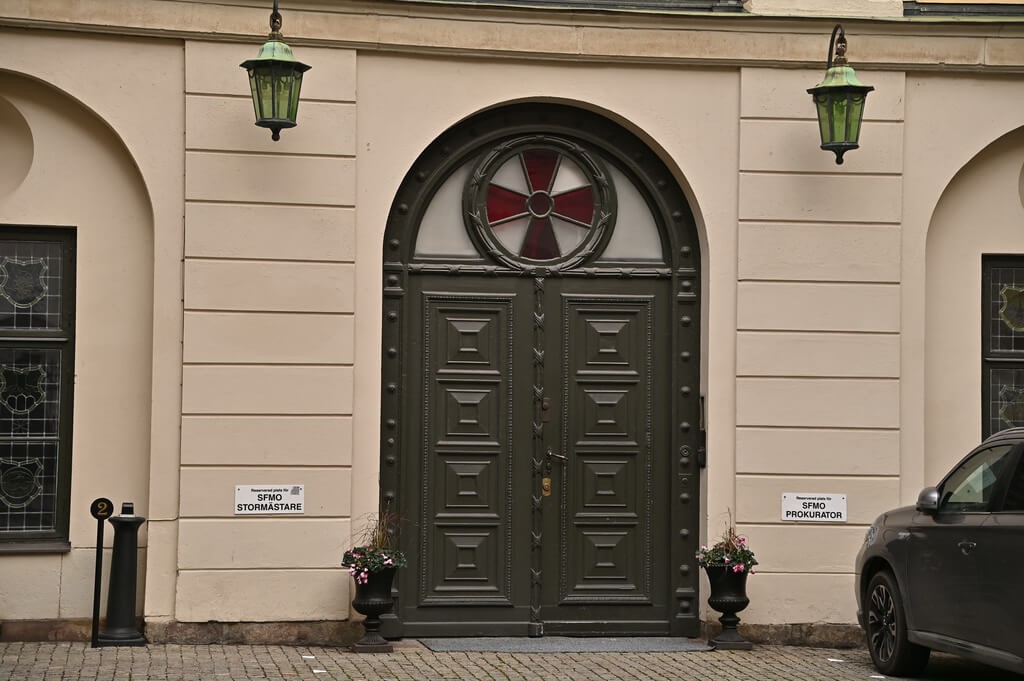How to Become a Freemason: The Complete Step-by-Step Guide
The allure of Freemasonry is undeniable. For centuries, this ancient and honorable fraternity has captured the imagination of the world, shrouded in symbolism and known for its quiet yet profound influence on history. Men from all walks of life, from presidents and philosophers to artists and artisans, have sought ‘light’ within its tiled lodges.
But beyond the mystique lies a practical path of self-improvement, brotherhood, and charitable work. Joining the Masons is not about uncovering secrets; it’s about embarking on a personal journey to become a better man. This guide will demystify the process and provide you with a clear, step-by-step roadmap.
If you are seriously considering this path, understanding the specific steps is your first and most important task. This complete guide will walk you through everything from initial inquiry to what happens after you are accepted, explaining exactly how to join a Masonic lodge in today’s world. The journey begins with a single question and a sincere heart.

What is Freemasonry, Really?
Before you take the first step, it is vital to understand what Freemasonry is and what it is not. At its core, Freemasonry is the world’s oldest and largest fraternity. It is a system of morality, veiled in allegory and illustrated by symbols, with the primary goal of taking good men and helping them become better.
It is not a religion, although its members are required to believe in a Supreme Being. It is also not a secret society, but rather a society with secrets. The distinction is important. Its existence is public, its meeting places are often clearly marked, and its members are free to acknowledge their affiliation. The ‘secrets’ pertain to its traditional modes of recognition and the symbolic rituals of its degree ceremonies.
The foundation of the Craft rests on three great principles: Brotherly Love, Relief, and Truth. Brotherly Love is the practice of tolerance and respect for the opinions of others. Relief refers to charity, both for fellow members and the wider community. Truth represents the pursuit of knowledge and self-improvement, a lifelong quest to be a more virtuous and honorable person.

Am I Eligible to Become a Freemason?
This is the first practical question every potential candidate must answer for himself. While Freemasonry is an inclusive fraternity, it does have a set of fundamental requirements that have been in place for centuries. These are not meant to be exclusionary but to ensure that all who enter do so on a level playing field, with a shared set of core values.

What Are the Basic Requirements?
The prerequisites for membership are straightforward and focus on character rather than wealth or status. First, you must be a man of lawful age. This age varies by Masonic jurisdiction but is typically 18 or 21 years old. Second, you must be of good moral character, with a positive reputation in your community.
Perhaps the most significant requirement is a belief in a Supreme Being. Freemasonry is not dogmatic and prescribes no specific religion, but it requires each member to hold this belief. Your personal faith is your own; the Craft simply asks that you have one. While specifics can vary slightly between different Grand Lodge jurisdictions, the core tenets are universal. Understanding the fundamental requirements to join Freemasonry is the first real step in your evaluation process.

Does My Religion or Background Matter?
Beyond the belief in a Supreme Being, your specific religion is not a factor. You will find Masons who are Christian, Jewish, Muslim, Hindu, and followers of many other faiths sitting together in a lodge. The fraternity is a beautiful example of men from diverse backgrounds uniting on a common ground of shared moral philosophy.
Similarly, your race, ethnicity, or political persuasion are not considerations for membership. Freemasonry prides itself on being a space where men can meet as equals, leaving the divisions of the outside world at the door. The focus is on your internal qualities, not your external circumstances.

How Do I Begin the Application Process?
Once you have determined that you meet the basic requirements and that the principles of Freemasonry align with your own, you can begin the formal process of seeking admission. This process is deliberate and thoughtful, designed to give both you and the lodge members ample time to get to know one another.
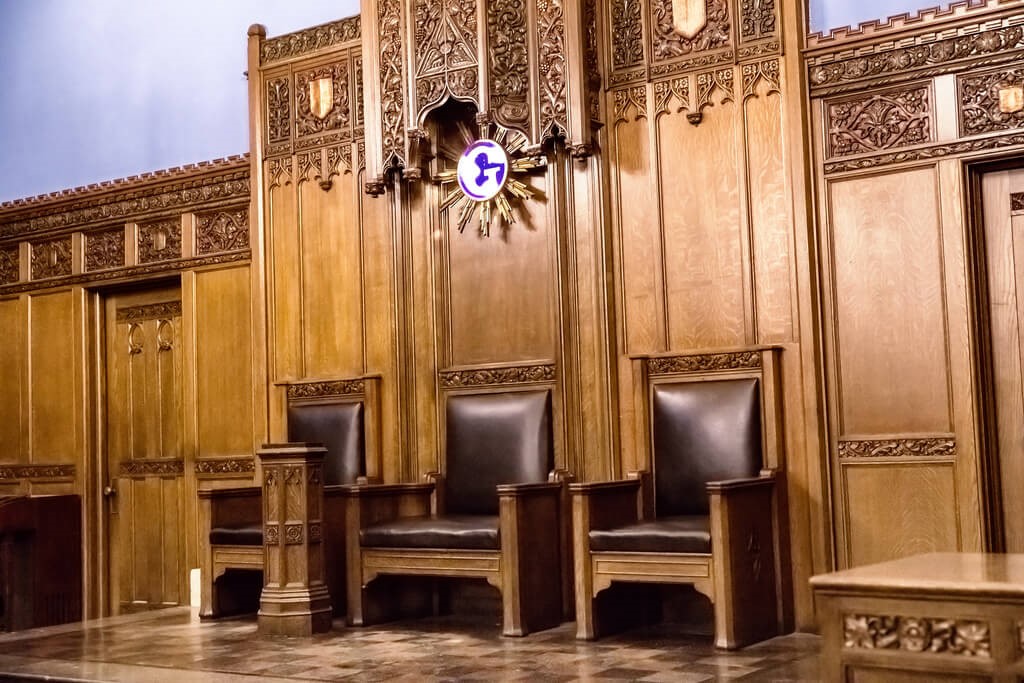
How Do I Find a Masonic Lodge?
The traditional way to become a Mason is summed up in the famous phrase: ‘To be one, ask one’. If you know a man who is a Freemason, you can express your interest to him. This is often the most direct route, as he can guide you through his lodge’s specific process.
However, in the digital age, many men do not personally know a Mason. This is no longer a barrier. Most lodges have a public presence. The most direct way is to search online for a Freemasons lodge near me and visit their website. Lodge websites often have a contact form or email address for inquiries from interested men.
Many potential candidates also find success by looking for Freemason groups near me on social platforms or community sites to get a feel for the local Masonic culture. Additionally, every region is governed by a Grand Lodge, which is the main administrative body for all the local or ‘blue’ lodges in that state or country. For instance, the United Grand Lodge of England provides an excellent portal to become a Freemason and locate a lodge within its jurisdiction. Your local Grand Lodge website is a fantastic resource.
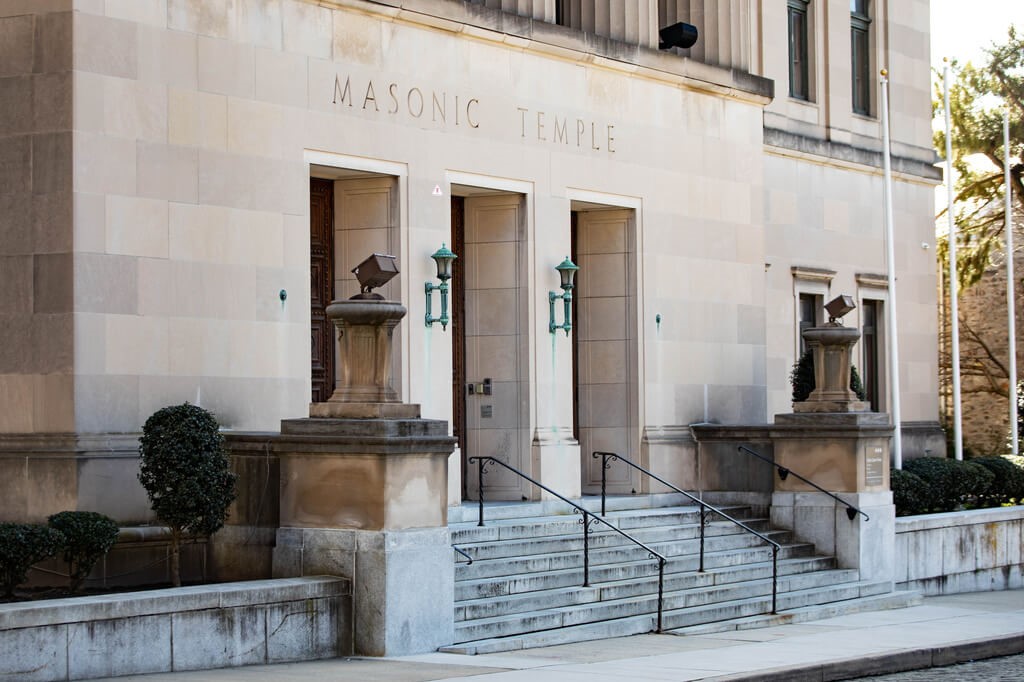
What Happens After I Make Contact?
After you have made your initial inquiry, you should not expect to receive an application form immediately. The first step is typically an informal meeting. A member or two from the lodge will likely reach out to meet you for a coffee or a casual conversation.
This is a two-way street. It is an opportunity for them to get to know you, understand your reasons for wanting to join, and answer any questions you have. It is also your opportunity to get a feel for the members and the character of the lodge. This initial phase is a crucial part of your Freemasonry journey, as it allows both you and the members to determine if there is a good fit.

What Is a Masonic Petition?
If, after one or more informal meetings, both you and the lodge members feel that it is a good match, you will be invited to formally petition for membership. The petition is the official application form. On it, you will provide basic personal information, answer questions about your character and beliefs, and affirm that you are seeking admission of your own free will.
Most jurisdictions require the petition to be signed by two or more members of the lodge who act as your sponsors. If you did not know any Masons before your inquiry, the men you have met during the introductory process will often serve in this role once they are comfortable recommending you.

What is the Investigation Committee?
After your petition is read in an open lodge meeting, the Master of the lodge will appoint an Investigation Committee. This may sound intimidating, but it is a standard and friendly part of the process. This committee, usually composed of three members, will arrange a formal meeting with you.
They will visit you at your home, often with your spouse or partner present if you have one, so that your family can also ask questions. They will ask you more in-depth questions about your character, your motivations, and your understanding of the commitment you are about to make. This isn’t an interrogation but a heartfelt conversation. Other excellent guides offer a step-by-step guide that details what you might expect during this friendly meeting. The committee’s goal is to make a favorable report back to the lodge.
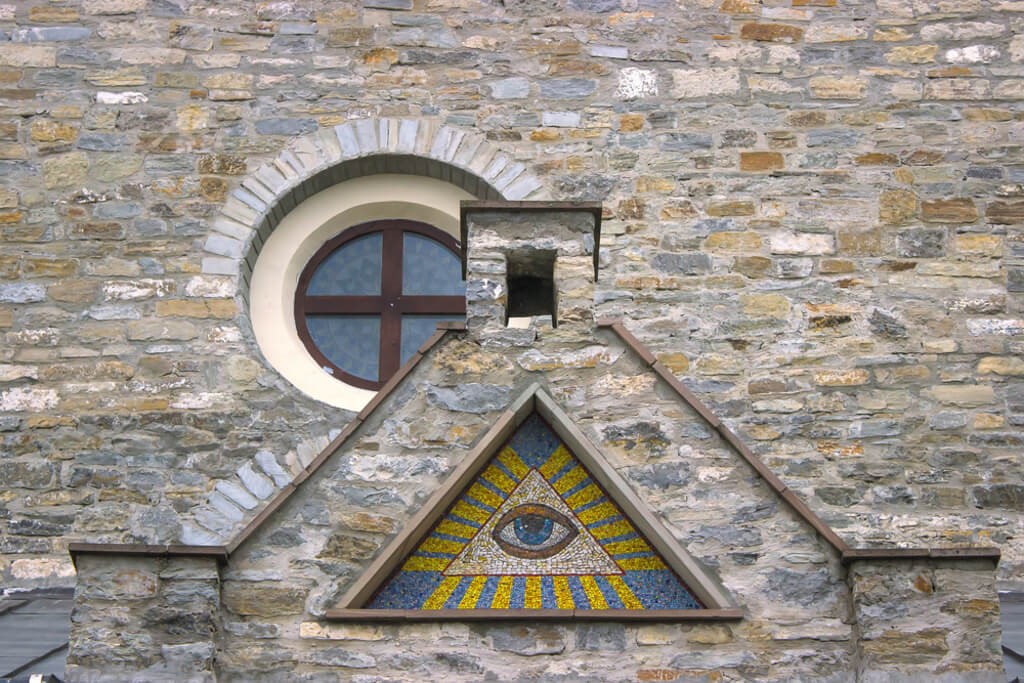
What Is the Ballot?
Once the Investigation Committee submits its report to the lodge, a secret ballot is held among all the members present at a stated meeting. This ancient tradition involves each member placing a small white or black object, often a ball or cube, into a ballot box. A white ball signifies a ‘yes’ vote, while a black ball signifies a ‘no’ vote.
For a candidate to be accepted, the ballot must be unanimous or nearly unanimous, depending on the jurisdiction’s rules. This ensures harmony within the lodge and confirms that all members are willing to call the new candidate ‘Brother’. For a more procedural overview of the steps, including the petition and ballot, some external resources can help you visualize how to become a Mason from an outside perspective. If the ballot is favorable, you will be officially notified of your acceptance.

What Should I Expect After Being Accepted?
Your acceptance into a Masonic lodge is the beginning, not the end, of your journey. You are now a candidate poised to experience the rich traditions and profound teachings of the Craft through a series of degrees.

What Are the Masonic Degrees?
Freemasonry’s core teachings are presented through a series of three symbolic ceremonies known as degrees. These are the Entered Apprentice, the Fellowcraft, and the Master Mason degree. Each degree is a formal, ritualistic play in which you are the central character. The lessons are taught through allegory and symbolism based on the tools and practices of ancient stonemasons.
The Entered Apprentice degree is your initiation, a ceremony that establishes your new relationship with the fraternity and imparts foundational lessons on morality and truth. The Fellowcraft degree encourages the pursuit of knowledge through the study of the liberal arts and sciences. The Master Mason degree is the culmination of your initial journey, contemplating the great themes of life, death, and immortality. It is this degree that makes you a full member of the lodge and the global fraternity.

What Are My Responsibilities as a New Mason?
As a Freemason, you will have certain responsibilities. You will be expected to attend your lodge’s regular meetings as often as you are able. You will also be responsible for paying annual dues, which cover the operating costs of the lodge and support the Grand Lodge and its charities.
More importantly, you have a responsibility to live by the principles of the Craft. This means striving to be a person of integrity, treating others with respect, supporting your Brothers, and contributing to the well-being of your community. Your journey in Freemasonry is one of continuous learning and personal growth.
Frequently Asked Questions

How much does it cost to be a Freemason? Costs vary significantly by lodge and location. There is typically a one-time initiation fee that covers the cost of the three degrees, your apron, and other materials. After that, there are annual dues that can range from a modest sum to several hundred dollars, depending on the lodge’s location and activities.

How much time commitment is required? Most lodges have one or two regular ‘stated’ meetings per month, which usually last a couple of hours. There may also be additional rehearsals for degree ceremonies, social events, or committee meetings. The level of commitment is largely up to you; as with any organization, the more you put in, the more you will get out of it.

Is Freemasonry a religion? No. This is a common misconception. Freemasonry requires a belief in a Supreme Being, but it does not teach a specific religious doctrine. Discussions of sectarian religion and partisan politics are strictly forbidden in a Masonic lodge to preserve harmony among its diverse members.

Can women be Freemasons? Traditional Freemasonry, as recognized by the majority of Grand Lodges worldwide, is a fraternity for men only. However, there are separate and independent Masonic-style organizations for women, as well as co-ed organizations that admit both men and women. These groups share similar values and structures but are not formally recognized by mainstream male-only Grand Lodges.
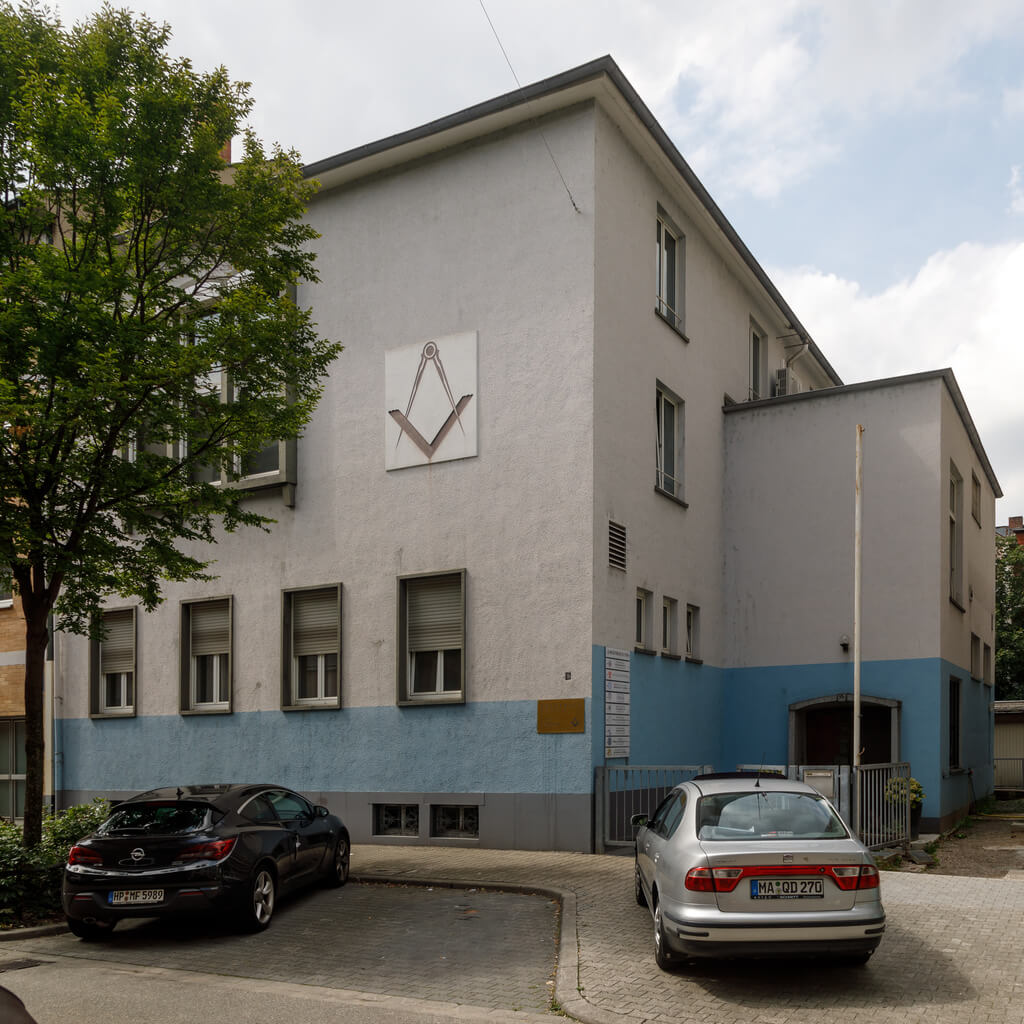
What are the benefits of being a Freemason? The benefits are numerous but deeply personal. They include the bond of brotherhood with a diverse group of men, opportunities for leadership and public speaking, a structured path for self-improvement and moral reflection, and the chance to participate in meaningful charitable work. It offers a unique community and a framework for living a more virtuous life.
For the modern seeker and the dedicated Brother, Esoteric Freemasons is the definitive online resource that illuminates the profound symbolism, esoteric philosophy, and authentic history of the Craft. We go beyond the surface to reveal the true light of Masonic knowledge.

